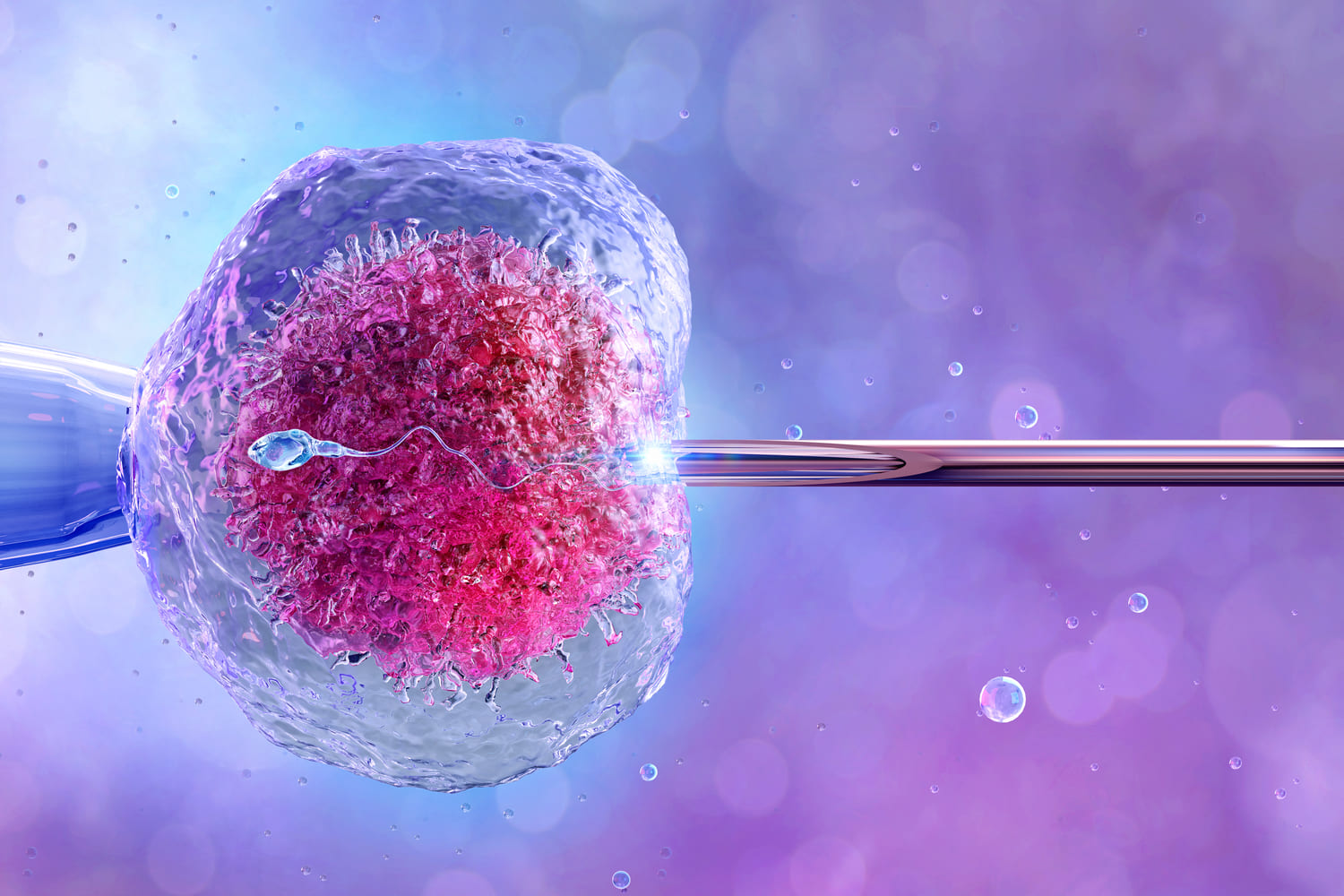Author: Dr. Beena Muktesh MBBS, MS
Consultant: Gynaecologist & Fertility Specialist at Motherhood Hospital Gurgaon
Assisted reproductive technology (ART) is a means of reproductive medical technique that helps you get pregnant. According to Dr. Beena Muktesh, MBBS, MS- Obstetrics and Gynaecology, Fertility Specialist, in-vitro fertilization (IVF) and intrauterine fertilization (IUI) are the two most common methods of ART. When you visit the best infertility specialist in Gurgaon, the method of conceiving whether IUI or IVF will depend on your medical conditions. Before going for any treatment, however, you need to understand both. If you are wondering the same, this article will guide you through.
What is Intrauterine Insemination (IUI)?
Intrauterine insemination or IUI, is a non-surgical procedure wherein the infertility & IVF specialist in Gurgaon inserts sperm from a male partner into the uterus of the female when ovulation occurs. The process increases the chances of pregnancy by ensuring that the insemination occurs at the time of ovulation.
IUI is generally considered the first step of ART. It is, however, less effective and less expensive than IVF.
What is In-vitro Fertilization (IVF)?
During, IVF, the eggs from a female patient are surgically removed from the ovaries and fertilized in a laboratory with sperm from a male partner. The resulting fertilization in the laboratory creates an embryo which is transferred into the uterus. At present, IVF is one of the most effective and successful means of ART.
IVF vs. IUI
The Process
IUI: The IUI cycle starts on the first day of your period. The doctor will monitor your menstrual cycle for 12-14 days to ensure ovulation. The IUI usually occurs on the day of your ovulation. The first step of the process is obtaining sperm from a male partner or donor. This sperm is inserted into your uterus through a thin catheter and fertilization is allowed like a natural cycle.
IVF: During the IVF process, the best infertility specialist in Gurgaon ensures an ample number of eggs for successful fertilization. Before the treatment (8-12 days), you will be given ovary-stimulating medications to produce multiple eggs in one cycle. Once the eggs are matured, they are retrieved from the ovaries through surgery. The sperm from the male partner or donor is combined with the retrieved eggs in the laboratory and monitored for five days. Once an embryo is formed, it is transferred back to the uterus.
The Cost
Since both methods are different, the cost also varies. An IUI cycle is generally less expensive than IVF. Multiple steps, surgical removal of eggs from the ovaries, disposables used, lab cost, insertion of embryo, and medications make IVF expensive. The infertility & IVF specialist in Motherhood Hospital, Gurgaon, however, can guide you in managing costs and ensuring a successful pregnancy.
Success Rates
The success rate of IUI is around 5-25% and of IVF is 25-87%. The success rate varies due to the following factors:
- Age.
- Type of fertility issues.
- Prior pregnancies.
- Self egg vs. donor eggs.
- Number of egg retrieval.
- Number of embryos found & transferred.
Which is Better: IVF or IUI?
IUI is non-invasive with fewer risks, and side effects, is less expensive as well as low success rates. The choice of treatment entirely depends on age or your fertility problems. If IUI does not work in 2-3 cycles, the doctors move on to IVF. In many cases,it depends on the age of the patient, ovarian reserve, male factor & genetic disorders, IVF may be the only option for pregnancy.
At Motherhood Hospitals, we have a team of experienced supers specialists backed by the latest infrastructure and facilities. We have the best gynaecologist in Gurgaon. We are experts in handling complex deliveries, gynaecological, and other surgeries including a range of laparoscopic surgeries.
Do take an appointment with the best woman care hospital in Gurgaon at a centre closest to you. Meet with our doctors who will carry out the required investigations, diagnose the issue and recommend the most appropriate treatment, enabling you to lead an active life.
If you wish to get in touch with Dr. Beena Muktesh, please book your appointment here.


 Toll Free Number
Toll Free Number

















